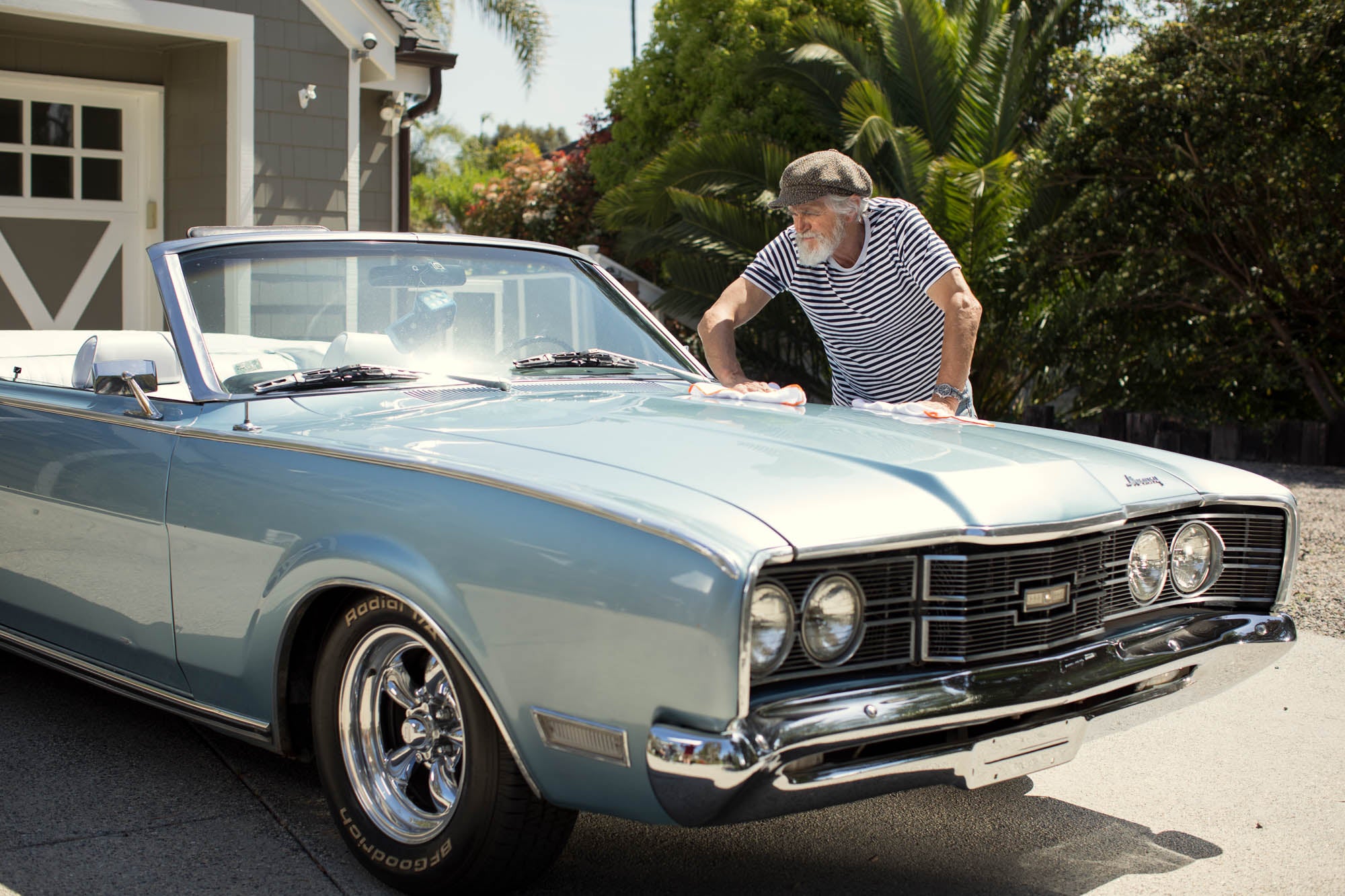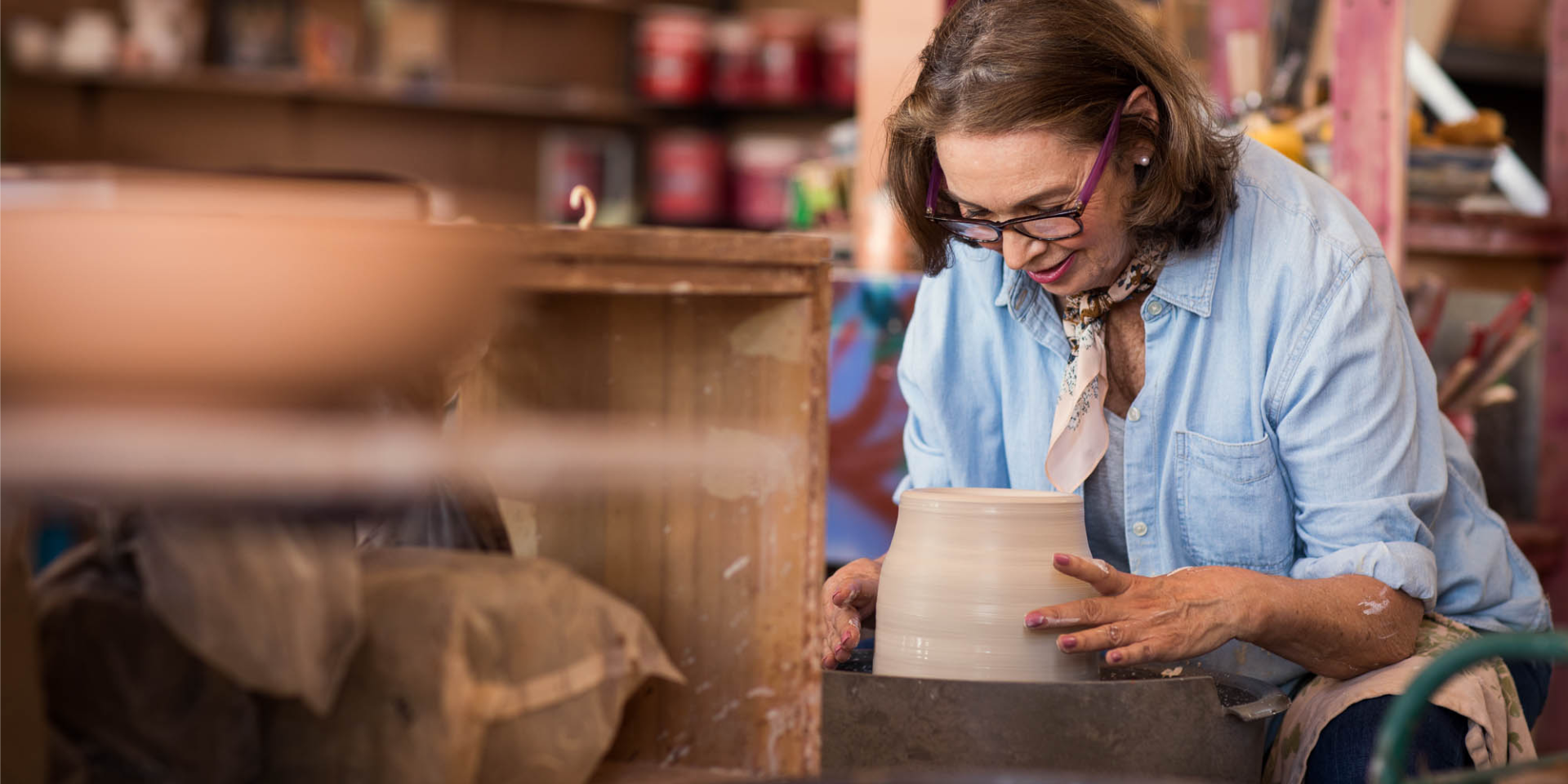But slow your roll, or it could be a problem.
Long gone are the days when soapy suds at the bottom of a keg was your go-to libation. Your tastes have evolved, and your nose has become a finely-honed instrument that can detect the slightest variance in French terroirs. But proceed with caution as you embark on the next chapter of your life.
While our society seems infatuated with drinking and eating as sport, boomers and retirees should tap the brakes on over indulging, especially where it concerns booze. There is mounting evidence concerning retirement and increased levels of alcohol consumption. No one is here to be judge and jury on your drinking, but it’s worth noting that it’s surprisingly easy to go from the occasional martini or buttery chardonnay to everyday ritual in no time. It can sneak up on you before you even realize it’s a problem.
Alcohol is the #1 drug of choice among older adults.
According to a recent study* of 65,303 respondents by ISBRA “Alcoholism: Clinical and Experimental Research” between 1997 and 2014, the number of current drinkers among men 60+, rose by 0.7% per year. Among women 60+, the number of current drinkers rose 1.6% per year. Both men and women drank about the same average volume over time, but while binge drinking remained stable for men, it increased for women by 3.7% per year, the study said.
Right now, nearly 3 million Americans age 55 and older suffer from alcohol abuse; by some estimates, that figure will reach roughly 6 million by 2020 as the number of retirees continues to climb.
So yes, retirement can be a trigger for problematic drinking. In Sara Yogev’s 2017 article on Marketwatch.com about retirees and drinking, she outlines six key factors that can affect the amount of drinking one does in retirement.
*Excerpt from an article by Sara Yogev, Marketwatch.com April 18,2017
- The reason behind your retirement. And by this we mean was it your decision to retire or were you pushed into it by health reasons, downsizing, or those damn robots and drones that seem to be taking everyone’s jobs? It seems like the more retirement is thrust upon you, the greater the likelihood your drinking will increase.
- Were you part of a professional drinking culture? Meaning in your previous life was drinking just part of doing business? In these instances, your social circle is gone, but the bottle is still there. Or worse yet, your new social circle is more heavily into drinking than what you may have been used to.
- The anxiety and stress of your former work life. It seems that if you retired from a stress-filled job you’re less likely to increase alcohol consumption, while leaving a rewarding and personally satisfying situation can lead to more drinking.
- We’ve all heard the wonderful stories of people cashing in their tech stocks and retiring at 38 or 40, sounds awesome doesn’t’ it? Well, not so fast. It seems that people who retire “young” are more likely to turn to drinking.
- Unless you invested heavily in Apple stock back in the 80s, retirement for most people means less income. And that can lead to feelings of uncertainty, depression, loneliness and ultimately more drinking away sorrows.
- The kids are gone, you’re retired, and now you get to spend a lot more time with your beloved. Good news or not? What if after all these years of working and raising a family you don’t even remember what it is you loved about each other? Scary thought for sure, but it happens. In Sara Yogev’s book “A couple’s guide to happy retirement” she points out that 2/3 of retirees experience increased marital strife during the first two years of retirement, which can increase or make alcohol abuse worse.
The last thing anyone wants is to discourage you from retirement, on the contrary, we think retirement is the best! So enjoy your favorite Bordeaux with a fine cut of beef! But for retirement to be the most exciting, enjoyable, opportunity-filled time of life, be intentional about avoiding pitfalls that come with it.
This article is intended for general informational and educational purposes only, and should not be construed as financial or tax advice. For more information about whether a reverse mortgage may be right for you, you should consult an independent financial advisor. For tax advice, please consult a tax professional.















I WANT TO KEEP UP TO DATE ON RETIREMENT TRENDS
Follow Us.